Civilization is a series of turn-based strategy video games, first released in 1991. Sid Meier developed the first game in the series and has had creative input for most of the rest, and his name is usually included in the formal title of these games, such as Sid Meier’s Civilization. There are six main games in the series, a number of expansion packs and spin-off games, as well as board games inspired by the video game series. The series is considered a formative example of the 4X genre, in which players achieve victory through four routes: “eXplore, eXpand, eXploit, and eXterminate”. (Source from Wikipedia)

All titles in the series share similar gameplay, centered on building a civilization on a macro-scale from prehistory up to the near future. Each turn allows the player to move their units on the map, build or improve new cities and units, and initiate negotiations with the human or computer-controlled players. The player will also choose technologies to research. These reflect the cultural, intellectual, and technical sophistication of the civilization, and usually allow the player to build new units or to improve their cities with new structures. In most games in the series, one may win by military conquest, achieving a certain level of culture, building an interstellar space ship, or achieving the highest score, among other means. Later games have introduced gameplay concepts and victories based on religion, economics, and diplomacy.
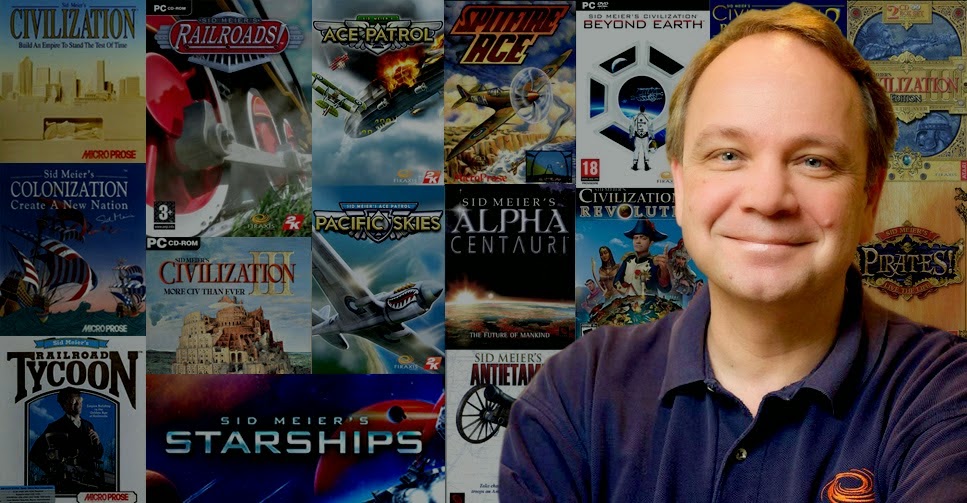
civilization 1 (1991)

Sid Meier’s Civilization is a 1991 turn-based strategy 4X video game developed and published by MicroProse. The game was originally developed for MS-DOS running on a PC, and has undergone numerous revisions for various platforms. The player is tasked with leading an entire human civilization over the course of several millennia by controlling various areas such as urban development, exploration, government, trade, research, and military. The player can control individual units and advance the exploration, conquest and settlement of the game’s world. The player can also make such decisions as setting forms of government, tax rates and research priorities. The player’s civilization is in competition with other computer-controlled civilizations, with which the player can enter diplomatic relationships that can either end in alliances or lead to war.


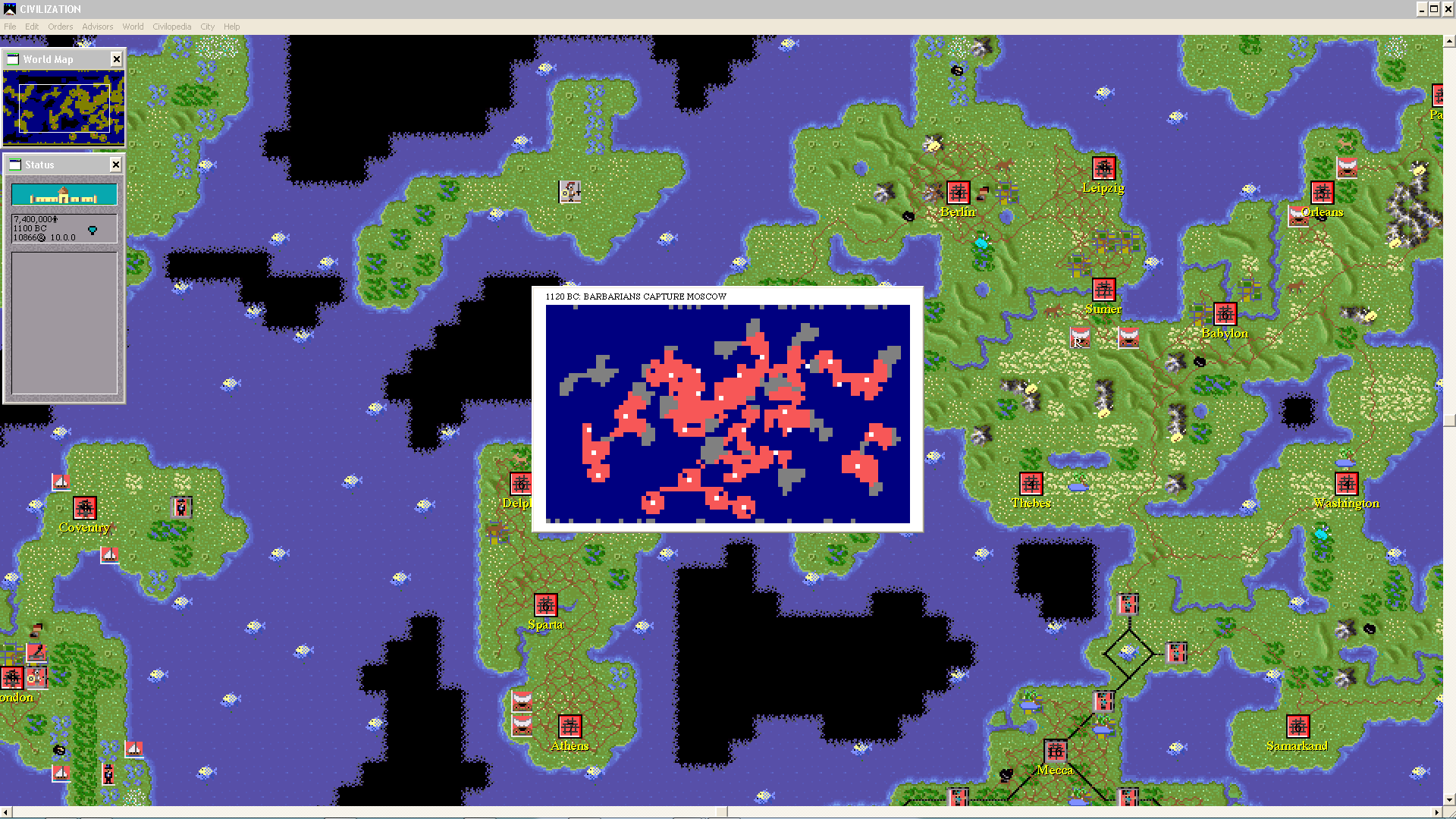
civilization ii (1996)
Sid Meier’s Civilization II is a turn-based strategy video game in the Civilization series, developed and published by MicroProse. It was released in 1996 for PCs, and later ported to the PlayStation by Activision.
Players build a civilization from a primitive tribe, competing with rival computer- or human (in some editions)-controlled civilizations. They manage cities and units in a quest to assure their civilization’s dominance—either by conquering all other civilizations or by manufacturing advanced space technology.
Civilization II was a commercial hit, with sales of around three million units by 2001, and has won numerous awards and placements on “best games of all time” lists.
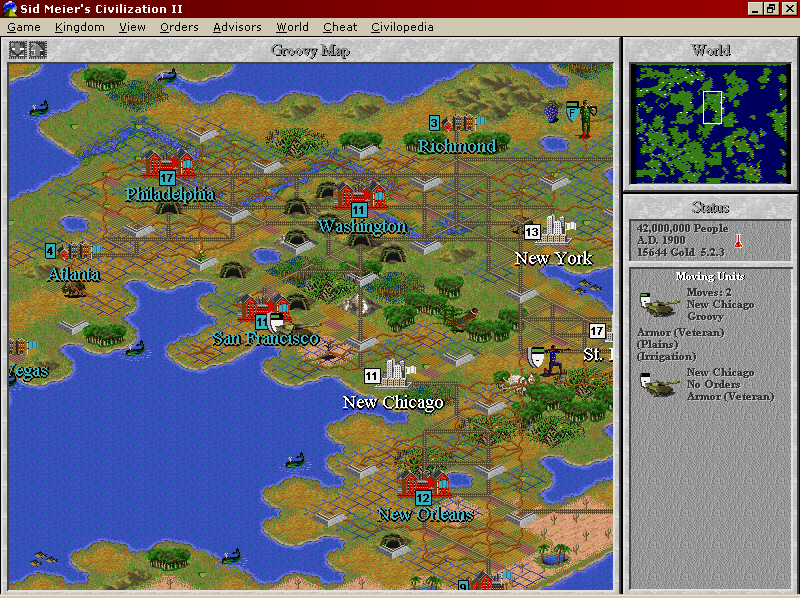


civilization iii (2001)
Sid Meier’s Civilization III is the third installment of the Sid Meier’s Civilization turn-based strategy video game series. It was released in 2001, and followed by Civilization IV. Unlike the original game, Civilization III was not designed by Sid Meier, but by Jeff Briggs, a game designer, and Soren Johnson, a game programmer.
Civilization III, like the other Civilization games, entails building an empire, from the ground up, beginning in 4,000 BC and continuing slightly beyond the modern day. The player must construct and improve cities, train military and non-military units, improve terrain, research technologies, build Wonders of the World, make war or peace with neighboring civilizations, and so on. The player must balance a good infrastructure, resources, diplomatic and trading skills, technological advancement, city and empire management, culture, and military power to succeed.
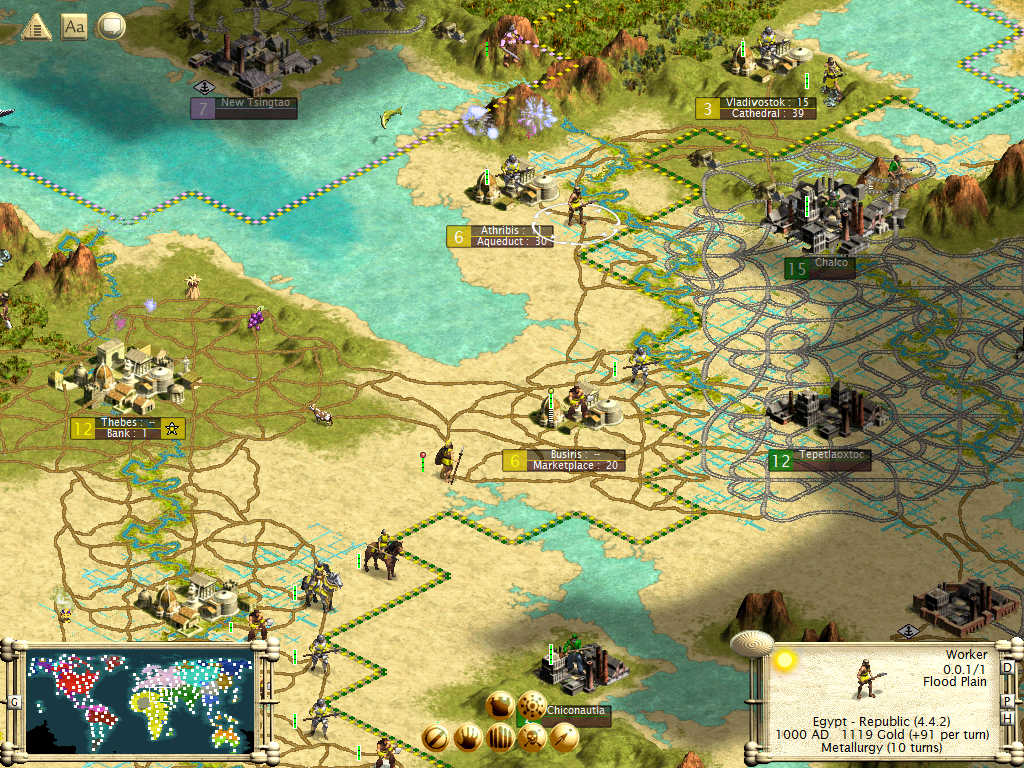
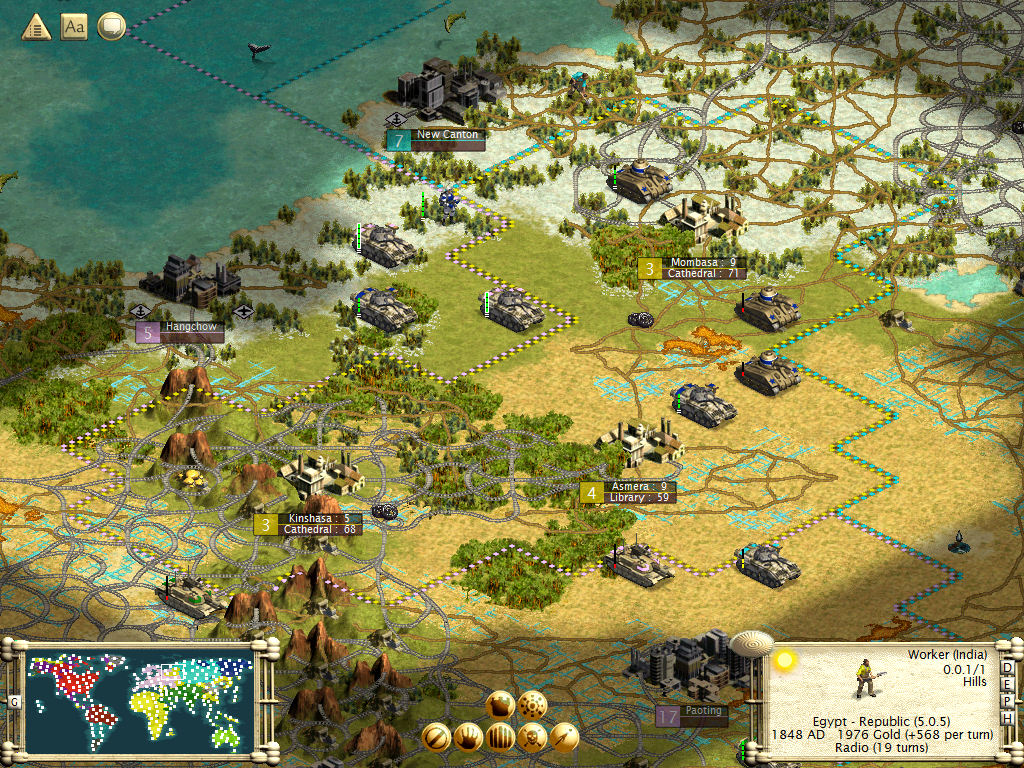
civilization iv (2005)
Civilization IV (also known as Sid Meier’s Civilization IV) is a 4X turn-based strategy computer game and the fourth installment of the Civilization series, and designed by Soren Johnson under the direction of Sid Meier and his video game development studio Firaxis Games. It was released in North America, Europe, and Australia, between October 25 and November 4, 2005, and followed by Civilization V.
Civilization IV uses the 4X empire-building model for turn-based strategy gameplay, in which the player’s main objective is to construct a civilization from limited initial resources. Most standard full-length games start the player with a settler unit and/or a city unit in the year 4000 BC. As with other games in the series, there are by default five objectives the player can pursue in order to finish the game: conquering all other civilizations, controlling a supermajority of the game world’s land and population, building and sending the first sleeper ship to the Alpha Centauri star system, increasing the “Culture ratings” of at least three different cities to “legendary” levels, or winning a “World Leader” popularity contest by the United Nations. If the time limit for the game is reached and none of the previous goals has been fulfilled by any players including game AI players, the civilization with the highest total game score is declared winner. A large departure from earlier Civilization games is a new graphics engine created from scratch, based on the Gamebryo engine by Numerical Design Limited (NDL).




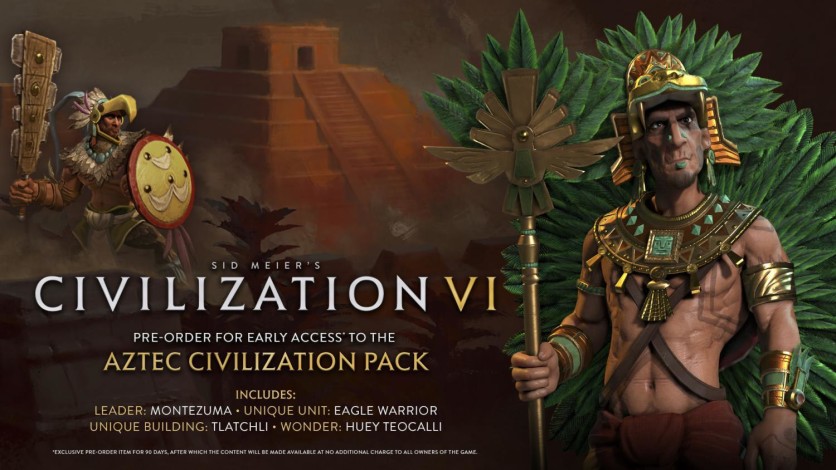
civilization v (2010)

Sid Meier’s Civilization V is a 4X video game in the Civilization series developed by Firaxis Games. The game was released on Microsoft Windows on September 21, 2010, on OS X on November 23, 2010, and on Linux on June 10, 2014.
In Civilization V, the player leads a civilization from prehistoric times into the future on a procedurally generated map, attempting to achieve one of a number of different victory conditions through research, exploration, diplomacy, expansion, economic development, government and military conquest. The game is based on an entirely new game engine with hexagonal tiles instead of the square tiles of earlier games in the series. Many elements from Civilization IV and its expansion packs have been removed or changed, such as religion and espionage (although these were reintroduced in its subsequent expansions).
The combat system has been overhauled, by removing stacking of military units and enabling cities to defend themselves by firing directly on nearby enemies. In addition, the maps contain computer-controlled city-states and non-player characters that are available for trade, diplomacy and conquest. A civilization’s borders also expand one tile at a time, favoring more productive tiles, and roads now have a maintenance cost, making them much less common. The game features community, modding, and multiplayer elements. It is available for download on Steam.




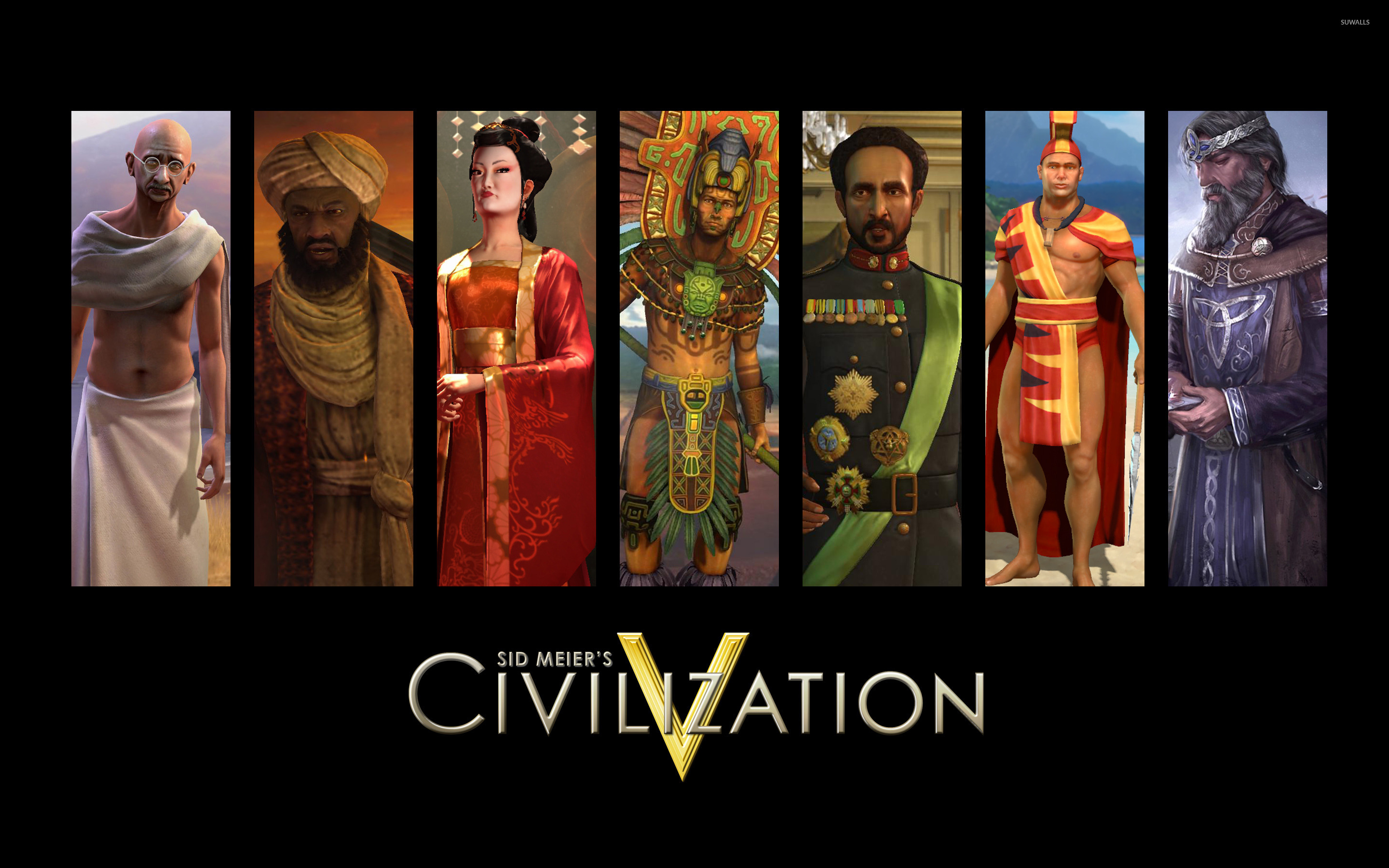
civilization vi (2017)
Sid Meier’s Civilization VI is a turn-based strategy 4X video game developed by Firaxis Games, published by 2K Games, and distributed by Take-Two Interactive. The Mobile port was published by Aspyr Media. The latest entry into the Civilization series, it was released on Microsoft Windows and macOS in October 2016, with later ports for Linux in February 2017, iOS in December 2017, Nintendo Switch in November 2018, PlayStation 4 and Xbox One in November 2019 and Android in 2020.
Similar to previous installments, the goal for the player is to develop a civilization from an early settlement through many in-game millennia to become a world power and achieve one of several victory conditions, such as through military domination, technological superiority, or cultural influence, over the other human and computer-controlled opponents. Players do this by exploring the world, founding new cities, building city improvements, deploying military troops to attack and defend from others, researching new technologies and civics advancements, developing an influential culture, and engaging in trade and negotiations with other world leaders.






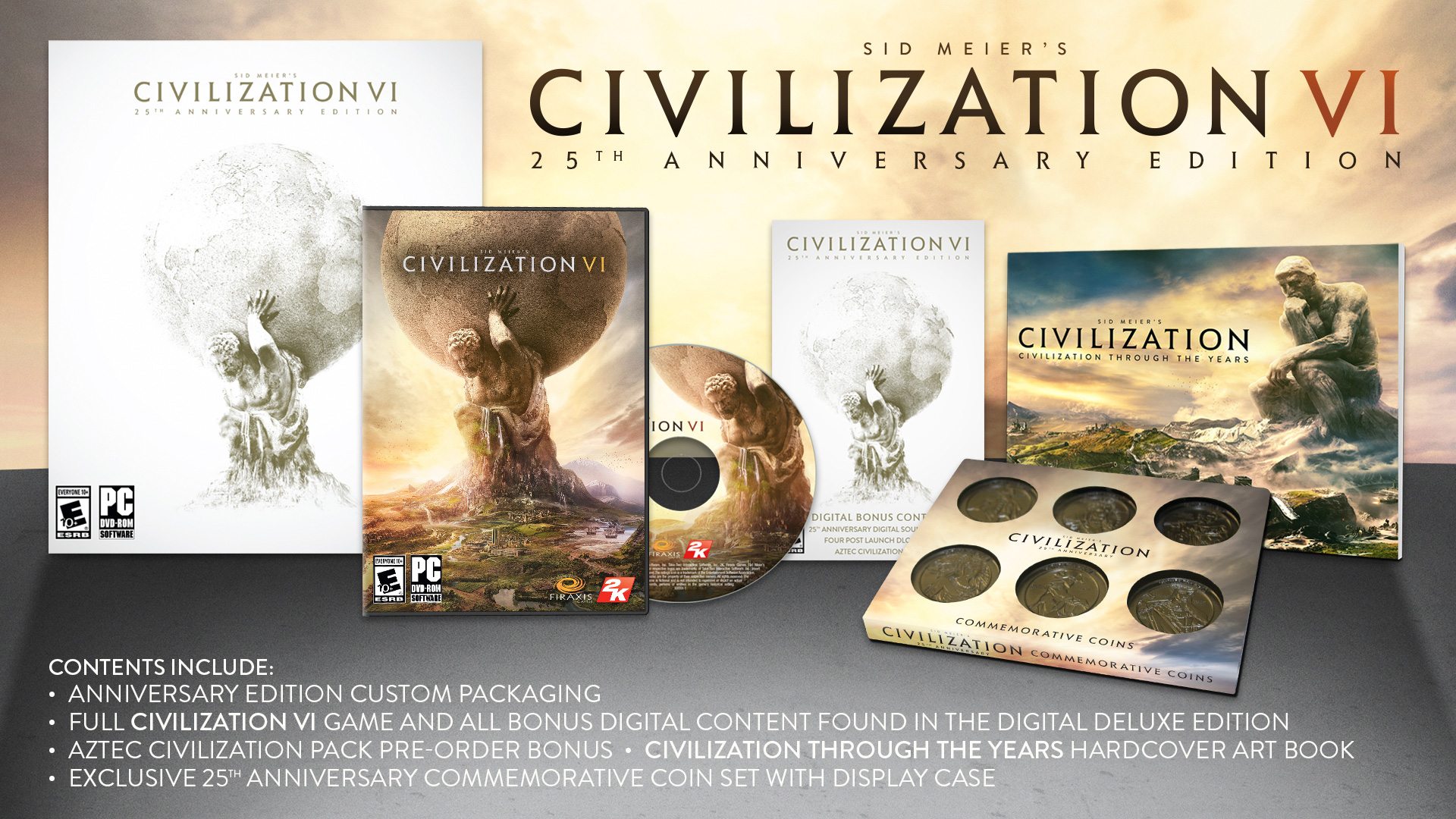

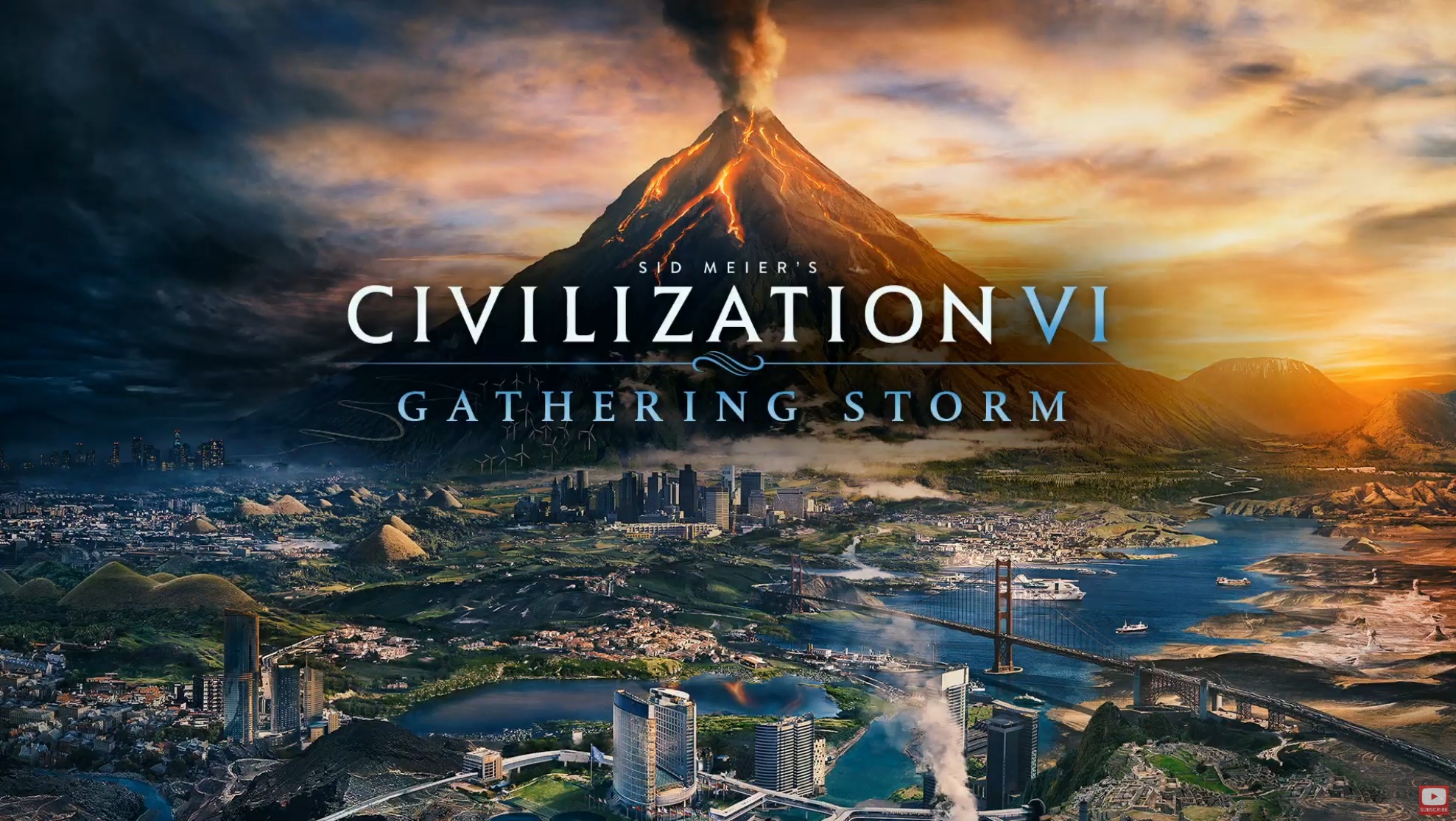

civilization series















